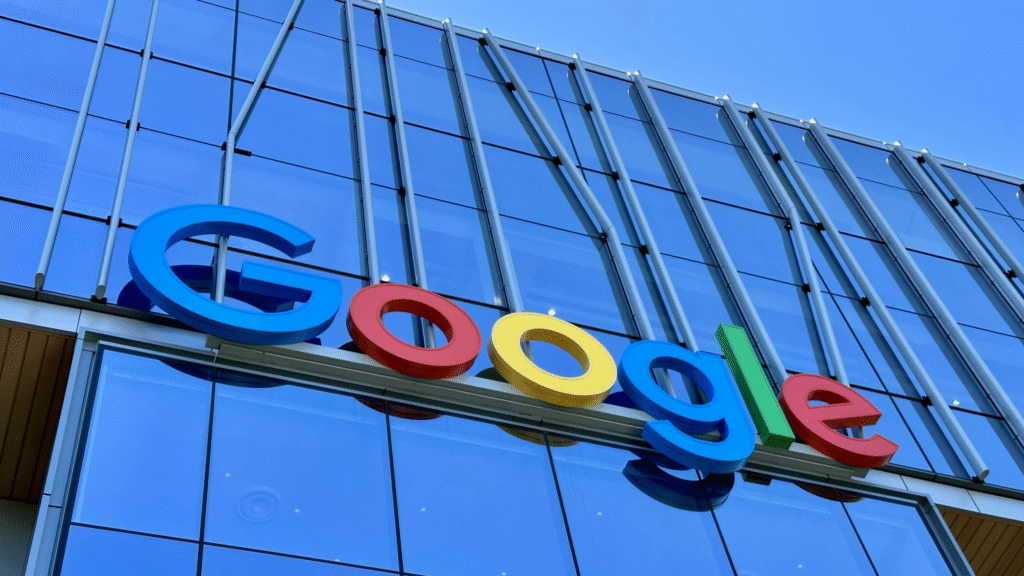Google, the tech behemoth owned by Alphabet, is once again in the news for its spam policy, which publishers say has greatly hurt their online visibility and earnings. After numerous media companies said that Google’s new spam-filtering methods had unfairly hurt genuine websites, especially those that rely on advertising and business partnerships to stay alive, the government has started an antitrust probe.
Last year, Google made the regulations harsher to stop what it calls “site reputation abuse.” This is when people use fake reviews to make a site look bad. The company said that certain websites were posting low-quality third-party content that was only meant to change search ranks. This is a tactic that is sometimes called “parasite SEO.” Google said the change was important to make sure that competition is fair and that searches are better. But publishers say that the approach has had unforeseen effects, lowering traffic to trustworthy news and media sites and hurting their ad-based income.
Regulators say that their first look at Google‘s algorithm showed that it might be lowering the rankings of sites that have partner-generated or sponsored material, no matter how good the host site is overall. Officials said that this shift has a direct impact on one of the most prevalent ways for publishers to make money from their platforms. At a time when digital advertising revenue is already going down, many media companies depend on commercial partnerships to pay for their journalism and keep their finances stable.

Authorities were worried that Google’s spam regulations would be hurting publishers who play by the rules in the advertising ecosystem. Antitrust chief Teresa Ribera said, “We are worried that Google’s rules don’t let news publishers be treated fairly, reasonably, and without bias in its search results.” “We will look into this to make sure that news publishers aren’t missing out on important income at a tough time for the industry and that Google is following the Digital Markets Act.”
This is just one more episode in Google’s lengthy history of fights over how it handles internet material and advertising power. People have accused the corporation of being unfair and monopolistic in digital markets over and over again. But from its point of view, the new spam regulation is a step toward search results that are cleaner and not manipulated.
In response to the probe, Google strongly disagreed with the conclusion. Pandu Nayak, the chief scientist at Google Search, wrote in a blog post, “The investigation announced today into our anti-spam efforts is misguided and risks harming millions of users.” “And the investigation is pointless: a German court has already thrown out a similar claim, saying that our anti-spam policy was valid, reasonable, and applied consistently.”
Nayak justified the company’s actions by saying that the goal of these steps was to stop dishonest businesses from taking advantage of Google’s ranking algorithm. He went on to say, “Our anti-spam policy helps level the playing field so that websites can’t use dishonest methods to outrank websites that are competing with their own content.”
Several media groups, on the other hand, are not convinced. The European Publishers Council, the European Newspaper Publishers Association, and the European Magazine Media Association have all said they don’t like Google’s restrictions. They say that the strategy has made digital publishing less fair, helping Google’s advertising model while hurting independent publishers that need to be seen in search engines to develop their audiences.
ActMeraki, a German media firm, made a big complaint against Google, saying that the corporation was punishing real sites in the name of battling spam. Their complaint is said to have led to the recent probe, which has added to the ongoing discussion about how much power digital corporations should have to control material.
For a lot of publishers, the stakes are huge. Online visibility affects not only how many people see your content, but also how much money you make from advertisements and sponsors. Traffic and profits go down when search ranks go down. Smaller stores, which are already having a hard time competing with big internet companies, are worried that Google’s strict rules could make their financial problems worse.
The rules that are being used for the probe are meant to stop big digital companies from having too much power. If you break these guidelines, you could face harsh penalties, including fines of up to 10% of a company’s global annual revenue. These kinds of ramifications would be big for Google, whose parent firm Alphabet makes hundreds of billions of dollars each year.
From an industry point of view, the case shows how hard it is to keep search techniques fair while also making sure that digital media can stay in business. Search engines are very important for finding information online, and their rules can make or break a publisher’s business. Some people say that because one corporation controls so much search traffic, its policy choices have a big impact on the future of online journalism.
At the same hand, others who support Google’s stance say that relaxing the restrictions against spam might let in a lot of bad, click-driven content. They say that search consumers want results that are dependable and relevant, and that keeping such standards entails taking strong action against SEO practices that try to trick people. Finding a balance between honesty and openness in search rankings has become one of the most important problems of the digital age.
There is a bigger worry about the connection between tech platforms and content creators that goes beyond the tension between companies and regulators. Publishers have relied on Google for traffic for years, but they have also said that the business uses its power to control how online media works. With this probe, the government is making it clear that these kinds of situations need to be looked at more closely, especially when they could make an already unstable news ecosystem even more unstable.
We don’t know what Google will do next. If the corporation is found guilty of breaking competition rules, it might face not only fines but also new guidelines about how it handles search policies. Google says it has acted properly for now, saying that its purpose is to protect consumers and reward real content providers instead of punishing them.
The investigation’s results could change how digital ads and content ranking systems work all over the internet. For publishers, it’s a rare chance to go up against one of the strongest forces on the internet. For Google, this is another reminder that people throughout the world are paying attention to and becoming more skeptical of its power over information and ads.








